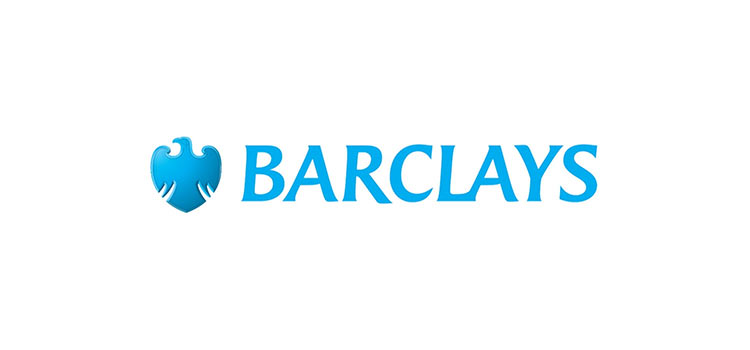Questions about offshore banking and offshore banking
 Offshore banks and offshore banking raise many questions: what is offshore banking and how are offshore banks different from normal? What are the advantages of an offshore bank and what risks arise when doing this? And even the unexpected: “is it generally legal?”.
Offshore banks and offshore banking raise many questions: what is offshore banking and how are offshore banks different from normal? What are the advantages of an offshore bank and what risks arise when doing this? And even the unexpected: “is it generally legal?”.
In this full review, we will answer all the most pressing questions about offshore banks and offshore banking. After it, you will be able to specifically approach the choice of an offshore bank for your personal or business needs.
1. What is offshore banking and offshore banking?
An offshore bank is a bank that is located outside of your main place of residence. If you live in Russia, then a bank in Germany or in Singapore will be an offshore bank for you.
Is that in the EU, the situation is somewhat different: if you live in one European country, and open an account in another, you do not get the full offshore bank, because the rules of functioning of banks, plus reporting on them throughout the EU are the same.
Often, offshore banks operate not only in another country, but also under other laws with different customer requirements.
There are countries in which banking is divided into two types: resident and non-resident. In the first case, only those people who live in the selected country are served. And in the second – only those who permanently reside outside the specific jurisdiction.
If we take a special case, then offshore banking is available in the so-called offshore zones or jurisdictions. These are countries and territories where taxation is reduced, reporting is simplified and there are other advantages. Read more about offshore zones in our articles:
Cheap offshore – dangerous offshore: Cheap offshore have never been as dangerous as in 2017
2. What is an offshore bank account?
An offshore bank account is an account that a non-resident has opened in a bank. If a resident of Ukraine opens a bank account in Singapore, then it is considered offshore.
Why is this done? For various reasons, but the main ones are:
Asset diversification (do not store all eggs in one basket);
Business needs (international company, trade, accumulation of resources);
Personal needs (a person travels a lot and thus saves on currency conversion and maintenance);
Tax benefits (offshore jurisdictions help reduce the tax burden on business and personal income.
What is your goal? Offshore banking will solve your tactical and strategic objectives.
3. Offshore jurisdiction – what is it?
And before going further, find out what offshore jurisdiction is. In the simplest sense, this is a country in which you do not live. But more often, offshore jurisdictions name those countries and territories that offer businesses and individuals the opportunity to take advantage of low taxes, a simplified system of company registration, simple reporting, flexible legislation.
Recently, we wrote about the classic offshore – there is a detailed analysis of this topic.
4. Offshore banking: is it generally legal?
Is it legal to use offshore banks? If you listen to the news and some politicians, it seems that it is against the law.
However, this is far from the truth. Offshore banking can be used by anyone who wishes and plans to protect their assets from accidental and deliberate problems.
The only requirement for offshore banking is that your earnings be legal. This means that by opening an account, you undertake to prove that your funds were legally obtained; and if the income has already been received directly into a foreign account, then we are obliged to declare our income, if required by law in the country in which you live.
Otherwise, using offshore banking is like using foreign online stores to buy branded clothes or cheap electronics – no one can ban them until you purchase a commercial lot size for sales without taxation.
5. What are the advantages of offshore banking and offshore banking?
What specific advantages do offshore banks and foreign banking offer? For each they own, but most often pay attention to the following points:
Offshore banks are located in economically and politically stable countries. This allows you not to worry that tomorrow the currency rate will fall by half, and the authorities will confiscate all funds from your account. It is in order to avoid such a scenario and open offshore accounts.
An offshore bank is an opportunity to quickly react to an exacerbation of the situation. A war, crisis or change of laws in one’s own country can paralyze the movement of capital for a long time, if not forever. A deferred stock of funds will allow not only to continue to exist, but also to act at their discretion with the proper speed.
In some cases, the return on deposits abroad is higher than in their home country. And if there are stocks that you can invest in as investments, why not earn more than at home?



